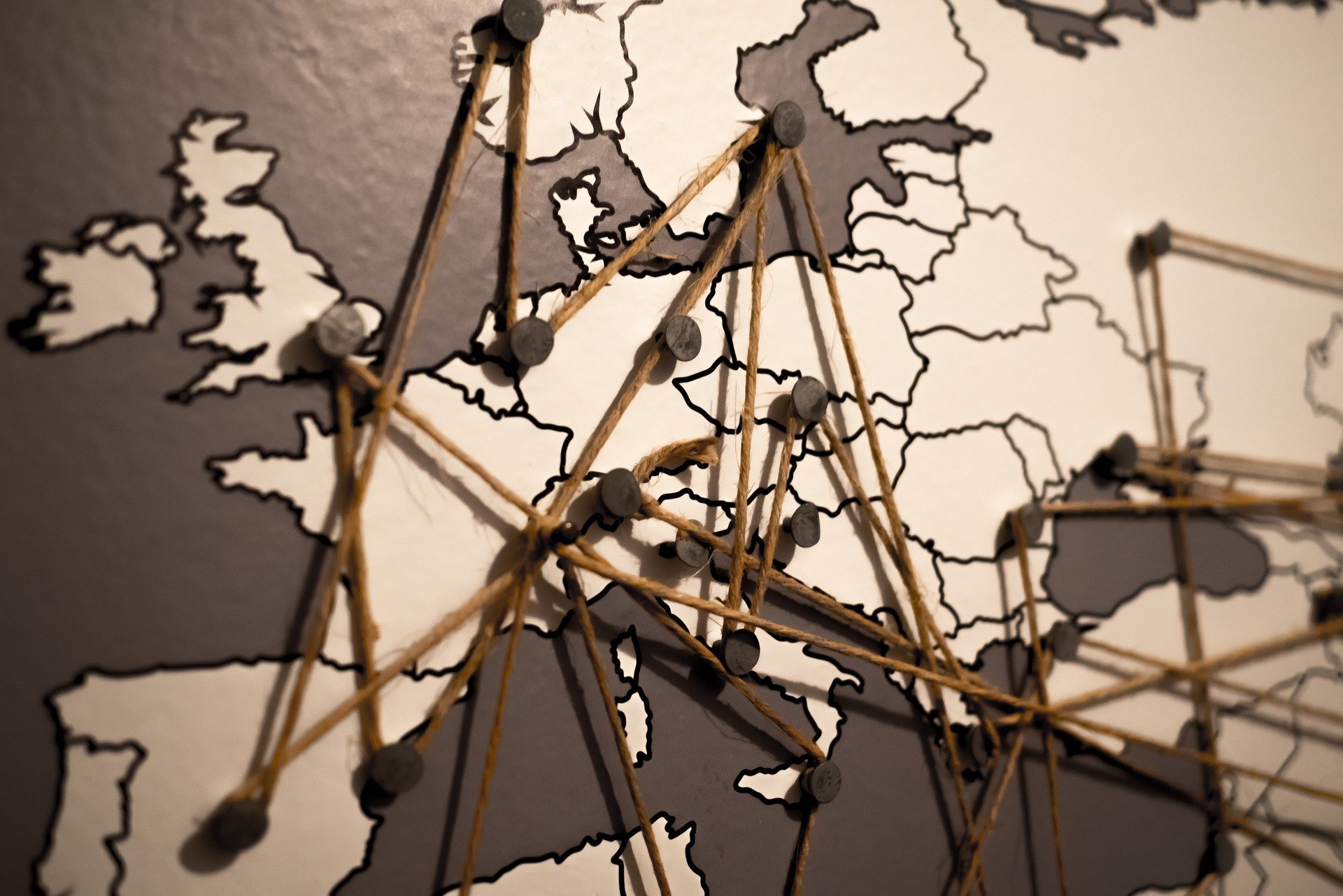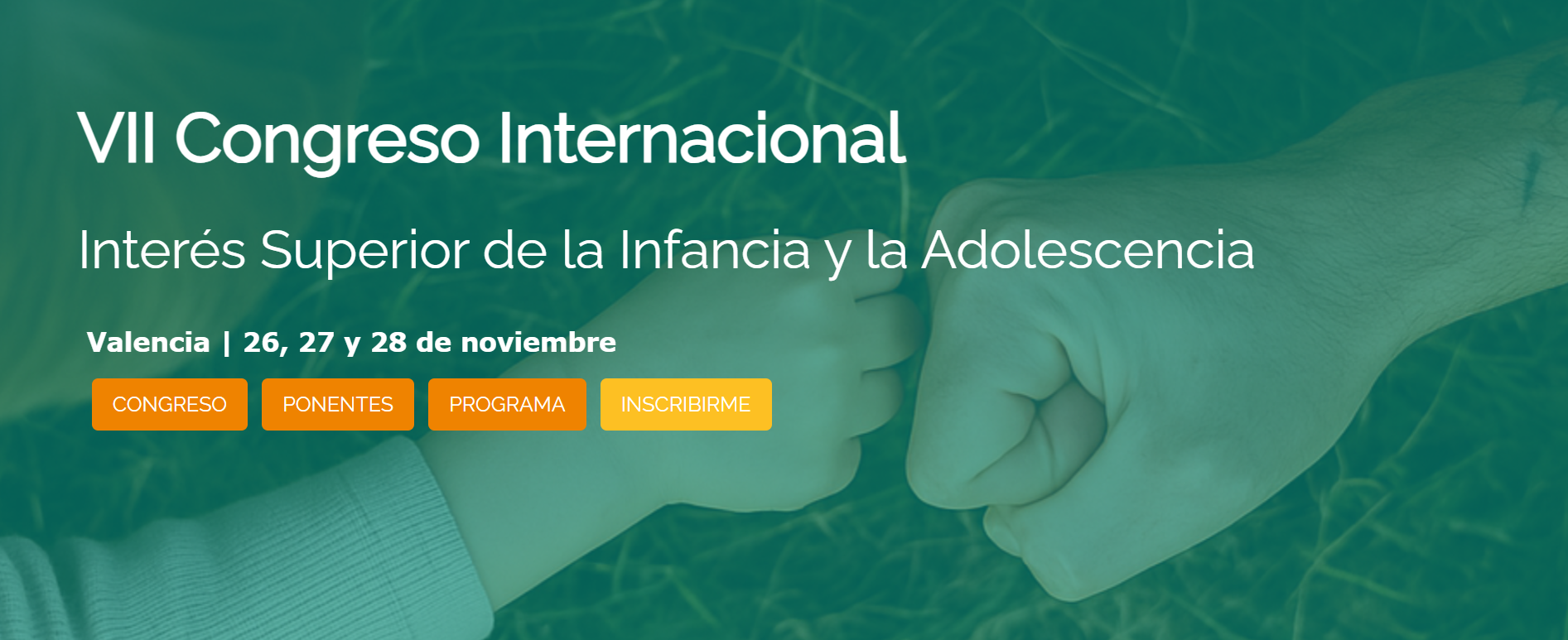DataCare: how the EU can better monitor deinstitutionalisation progress
Interim findings for Eurochild & UNICEF’s landmark study on European data collection for children in alternative care released
Over the past year, Eurochild has worked with its members, UNICEF, and over 50 national experts across Europe on the DataCare Project to map how EU Member States and the UK currently collect data on the situation of children in alternative care.
The interim findings, based on the analysis of 14 countries who participated in the study at the end of 2020, are now available. The interim findings centre around four core findings:
- National officially published data can be mapped onto internationally recognised categories of alternative care.
- There are several important gaps in the published data from surveyed countries. This would be an important area for the EU to support improvements in data collection.
- Many countries are in the process of reforming their child protection data systems, suggesting a potential demand for mutual learning and support throughout the EU.
- Countries show promising practices on aggregation of data from sub-national to national level.
Based on the interim findings, our policy recommendations are as follows:
- We recommend that the European Commission seizes the opportunities provided by its new policy initiatives, particularly the EU Child Guarantee, to work with the Social Protection Committee and its Indicators’ subgroup (ISG) on developing and defining EU indicators for social inclusion of children in alternative care. And that the European Commission provides the guidance and support needed to EU Member States through its European Statistical System. This with the aim to integrate the indicators into national statistical frameworks, programmes, and systems. And to produce comparable, reliable, and relevant statistics on children in alternative care in line with the principles of the European Statistics Code of Practice. We recommend that this process is informed by and builds on the work done, and in progress, at EU and global leveli ncluding the findings of the DataCare Project and the list of proposed indicators.
- We recommend that the European Commission provides space for mutual learning and exchange among EU Member States on strengthening child protection data systems and closing gaps in data on children in alternative care, for instance through the European Social Policy Network, the ISG, and/or the framework of a Peer Review on Social Inclusion of Children.
Read the full interim findings
Why are we doing this?
The EU has invested millions of Euros in deinstitutionalisation and reform of child protection systems over several decades. EU funding, for example through the European Social Fund (ESF) and European Regional Development Fund (ERDF), has accelerated reforms and national investments. EU policy guidance has created a space for exchange of knowledge and best practice among Member States. However, to date, no clear monitoring framework exists to track progress across the EU in a comparable way.
By the end of the project (foreseen Autumn 2021) the research team will have assessed data from a total of 25 countries across the EU and the UK.
For more information, including to see who is participating in our study, visit the DataCare Project page or contact Ciaran.odonnell@eurochild.org from the Secretariat.





